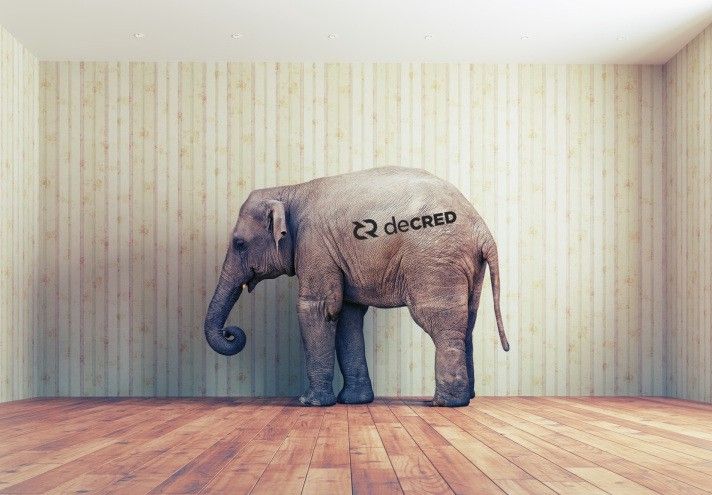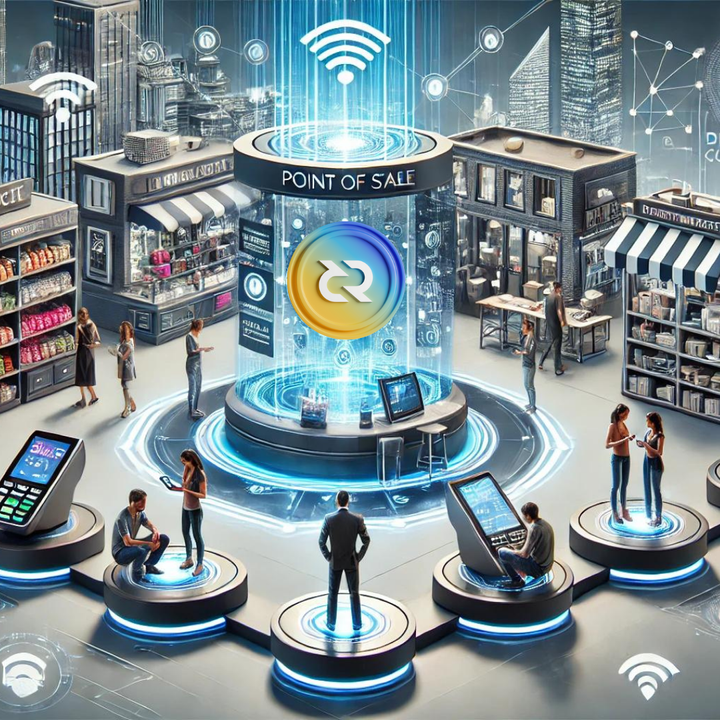Why Bitcoin needs an Effective On-chain Decentralized Governance System
We are now approaching the height of the Bitcoin civil war. If it previously wasn’t clear to everyone why Bitcoin needs a decentralized governance system — it is now. Over the next few weeks the fate of Bitcoin will be decided.

The Decred Digest - Jul 18, 2017

“Nothing in the world is more dangerous than sincere ignorance and conscientious stupidity” — Martin Luther King Jr.
We are now approaching the height of the Bitcoin civil war. If it previously wasn’t clear to everyone why Bitcoin needs a decentralized governance system — it is now. Over the next few weeks the fate of Bitcoin will be decided. As a result we are all feeling the knock on effect of the markets uncertainty. Worries of a Bitcoin split are causing volatility right across the cryptocurrency ecosystem. We all want Bitcoin to resolve its governance issue. Peace for Bitcoin means peace and stability for all. In this article I will explain why I believe Bitcoin needs a fair and effective on-chain decentralized governance system for everyone to reach an agreement.
Over the last year I’ve found it interesting to watch how things have played out for the Bitcoin network. People say Bitcoin is a decentralized system that doesn’t need governance. A system controlled by no one and owned by everyone. But that’s not what I’ve observed. All I‘ve seen is groups of high profile crypto celebrities trying to influence the direction of the entire network, in any way they can. We’ve had the Bitcoin Unlimited and Bitmain led blocksize increase idea. The Bitcoin Core and Blockstream led SegWit integration proposal. And, more recently, the halfway house ‘New York agreement’, SegWit2x. However, despite what any of these groups want, or what anyone else wants for that matter, Bitcoin will be the Bitcoin that Satoshi Nakamoto designed it to be. The future of Bitcoin will ultimately be dictated by the economic incentives of its decentralized system.
While it is clear Satoshi designed Bitcoin to be resistant to change, they didn’t design it to be ‘changeless’. In their white paper Satoshi stated that it is “computationally impractical for an attacker to change if honest nodes control a majority of CPU power”. But who decides what an honest node is? And what if unhonest nodes control the majority of CPU power?
It’s also clear that Satoshi designed Bitcoin in a way that ultimately gives miners power over the network. In the Bitcoin white paper Satoshi concluded that “they vote with their CPU power, expressing their acceptance of valid blocks by working on extending them and rejecting invalid blocks by refusing to work on them. Any needed rules and incentives can be enforced with this consensus mechanism.” It appears that users can run as many nodes as they want, but the Bitcoin blockchain that has most CPU power, will be the Bitcoin that survives. As Satoshi put it “the system is secure as long as honest nodes collectively control more CPU power than any cooperating group of attacker nodes”. Therefore, the network with the most CPU power will generate the longest chain, and outpace the any other chain. What if we are now in a situation where the majority of CPU power is made up of miners, who are controlling the network for their own interests? Do any of the users get a say? Is this the peer-to-peer electronic cash system that Satoshi once imagined?
Despite it being crystal clear that the economics of the Bitcoin network will ultimately dictate its future, I have found it interesting to watch various groups attempt to garner support for ‘their Bitcoin’. Although these groups have refused to admit that Bitcoin needs a decentralized governance system, they have nevertheless strived to find ways to effectively govern the network. We have had the Bitcoin and Satoshi roundtable meetings, twitter polls, miner signaling, shows of company support, live public debates, formal ‘agreements’, and most recently a Coinbase poll. All I see is Bitcoin searching for a fair and effective decentralized method to govern the network. Are any of these methods fair and effective? No, absolutely not.
Let’s start with the round table meetings. Decentralized? Fair? Effective? Okay no need to explain that one. Twitter polls — yes, no need to explain that one either. What about the show of support from Bitcoin companies, the live public debates, or the ‘New York agreement’? Okay, I don’t think I really need to go into any detail explaining why these methods are useless too. They are all either subject to centralization, geographical constraint, bias or sybil attack. There has even been a Coinbase poll created by a Bitcoin Core developer and Blockstream contractor in an attempt to try and establish ‘user’ opinion. A good attempt to get an idea of user support. But the obvious problem here is that in order to have a Coinbase account you don’t actually need to hold any Bitcoin. Which therefore means you can vote maliciously in the poll. Moreover, does a Coinbase poll actually have the power to change anything in Bitcoin? No.
I am passionate about cryptocurrency because I believe its technology can change the world for the better. But I am disappointed to witness the struggle for power, the in-fighting, and the pure ignorance of certain individuals who just bury their head in the sand, rather that being open minded to solutions. I don’t believe that the users of Bitcoin want to simply let a handful of companies, miners and developers have the final say on the future of their network. I believe the users need a voice, and that the power to make decisions on changes to the network should be devolved to them accordingly. Let the users decide!
Will this ever happen? I’m not sure. But what I do know is that every now and then something better comes along, a new kind of technology. A concept thought of ahead of time. Something that solves an existing issue. For all of the reasons explained above I believe a blockchain network needs to be built on the foundations of decentralized governance. I believe we need Decred.
K.





Comments ()